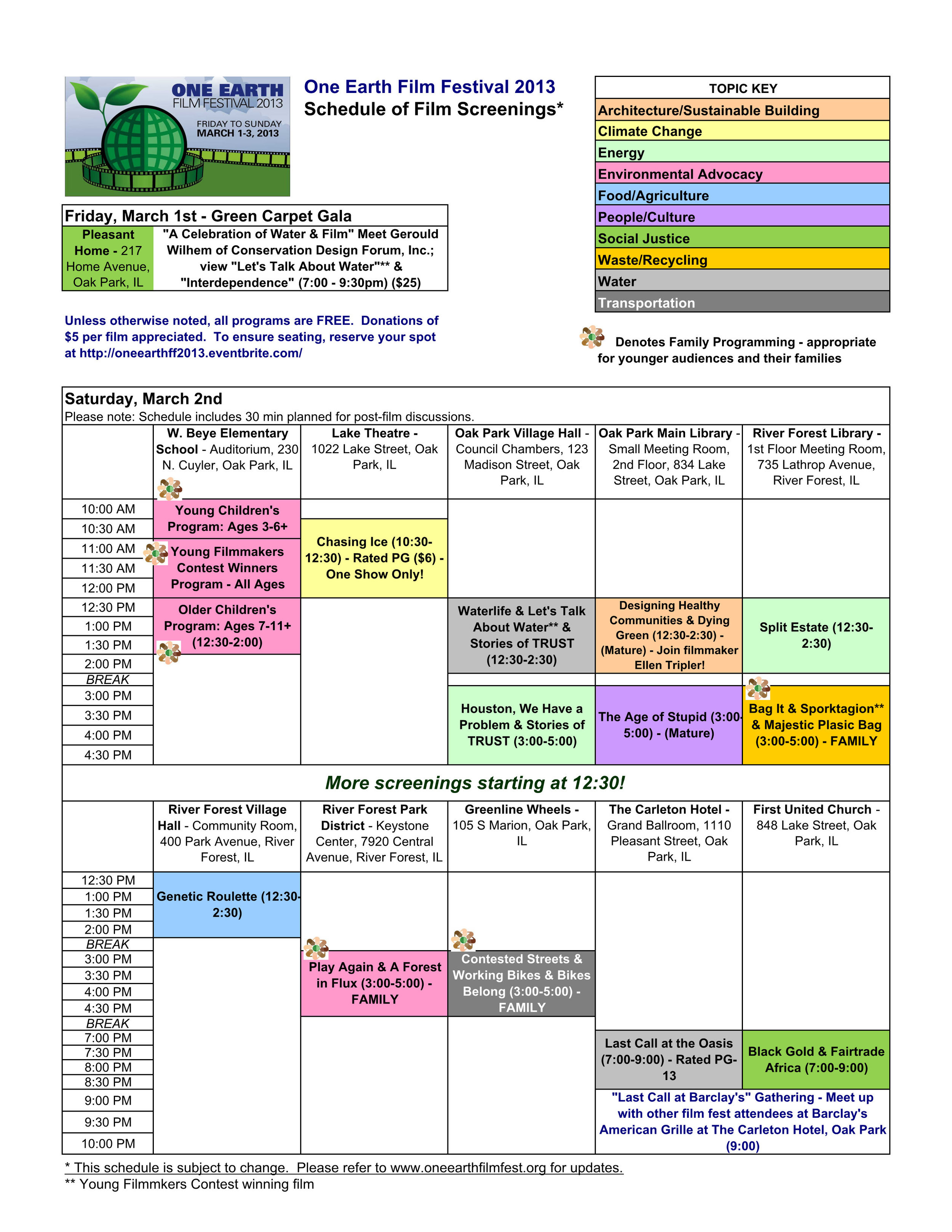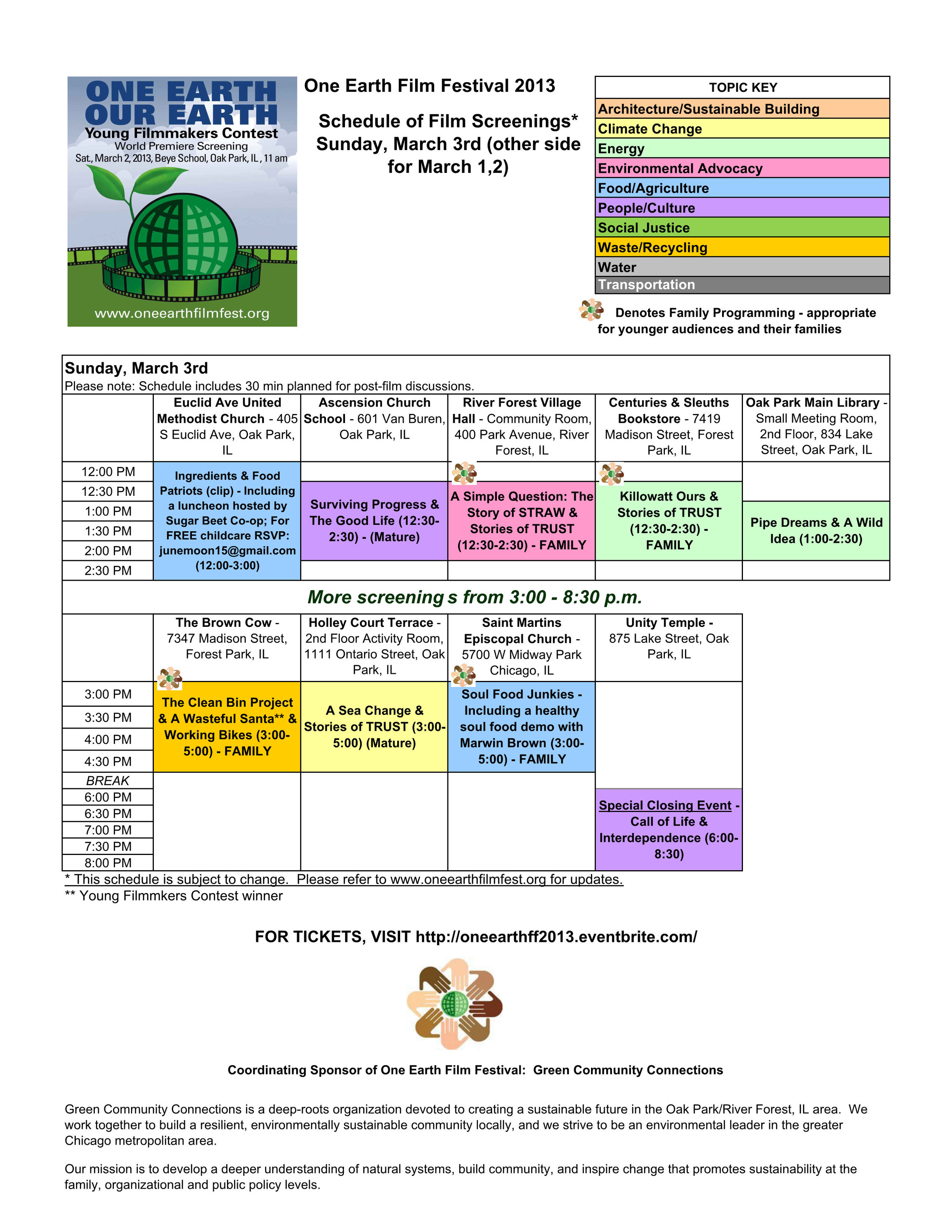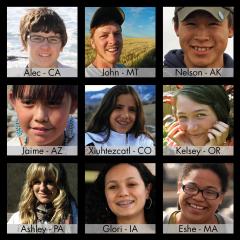Saturday, Mar 2, 12:30P/
River Forest Public Library
Tickets
Debra Anderson/2009/76 min
Imagine discovering that you don't own the mineral rights under your land, and that an energy company plans to drill for natural gas two hundred feet from your front door. Imagine having little recourse, other than accepting an unregulated industry in your backyard. Split Estate maps a tragedy in the making, as citizens in the path of a new drilling boom in the Rocky Mountain West struggle against the erosion of their civil liberties, their communities and their health.
This compelling Emmy Award winning documentary shows the dirty side of hydraulic fracturing and natural gas, an energy source the industry touts as a clean alternative to fossil fuels.
Zeroing in on Garfield County, Colorado, and the San Juan Basin, this clarion call for accountability examines the growing environmental and social costs to an area now referred to as a “National Sacrifice Zone."
This is no Love Canal or Three Mile Island. With its breathtaking panoramas, aspen-dotted meadows, and clear mountain streams, this is the Colorado of John Denver anthems — the wide-open spaces that have long stirred our national imagination.
Exempt from federal protections like the Clean Water Act, the oil and gas industry has left this idyllic landscape and its rural communities pockmarked with abandoned homes and polluted waters. One Garfield County resident demonstrates the degree of benzene contamination in a mountain stream by setting it alight with a match. Many others, gravely ill, fight for their health and for the health of their children. All the while, the industry assures us it is a "good neighbor."
Ordinary homeowners and ranchers absorb the cost. Actually, we all pay the price in this devastating clash of interests that extends well beyond the Rockies. Aggressively seeking new leases in as many as 32 states, the industry is even making a bid to drill in the New York City watershed, which provides drinking water to millions.
As public health concerns mount, Split Estate cracks the sugarcoating on an industry touted as a clean alternative to fossil fuels, and poignantly drives home the need for real alternatives.
This trailer includes footage not in the film. This scene was shot for 'Split Estate' but not included in the film. The filmmakers chose to focus the theme of the film on human health and had to eliminate many stories about contamination and animals that included domestic pets, livestock and wildlife.










